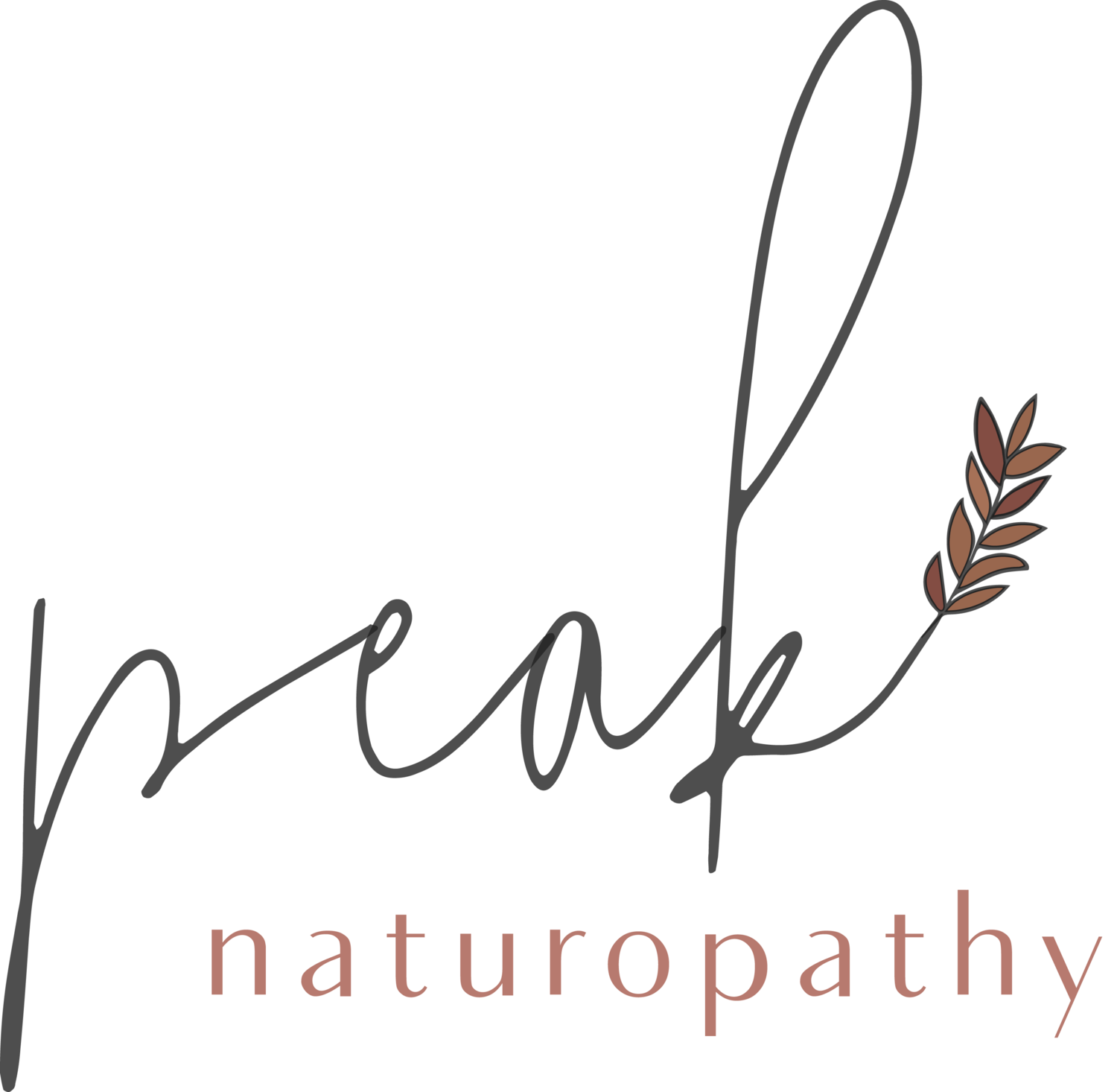The Link Between Endometriosis and Thyroid Dysfunction: What You Might Be Missing
Endometriosis and thyroid dysfunction are two seemingly separate conditions that are increasingly being recognised as interconnected.
If you’ve been diagnosed with endometriosis and are also experiencing symptoms like chronic fatigue, mood changes, brain fog, irregular cycles, painful periods, or unexplained weight gain, there could be something deeper at play. In clinical practice, I often see these two conditions co-exist, particularly when the thyroid is underactive or autoimmune in nature (as with Hashimoto’s thyroiditis).
Let’s explore what the research tells us about this connection, and how a naturopathic approach can help support both.
Endometriosis and Hashimoto’s: Is There a Link?
While endometriosis and Hashimoto’s disease are distinct in how they present, research has shown that women with endometriosis are more likely to have some form of thyroid dysfunction, including subclinical hypothyroidism or the presence of thyroid antibodies.
This may be due to shared root causes, such as:
Chronic systemic inflammation
Immune system dysregulation
Oestrogen dominance or progesterone deficiency
Altered hormone metabolism
Nutrient deficiencies (including selenium, zinc, and iodine)
This overlap can make both conditions harder to manage if only one is being treated or investigated.
Shared Drivers Between Endometriosis and Thyroid Dysfunction
Here are some of the key physiological mechanisms that may explain why endometriosis and thyroid conditions often show up together:
Inflammation
Both endometriosis and Hashimoto’s involve a heightened inflammatory response in the body. This can amplify pain, fatigue, and hormonal sensitivity, especially during the luteal phase of the cycle.Immune Dysregulation
Hashimoto’s is an autoimmune condition. Endometriosis also involves immune dysfunction. Specifically, abnormal immune responses to endometrial tissue growing outside the uterus. These immune overlaps may increase the likelihood of one condition triggering the other.Hormonal Imbalance
Low thyroid function can suppress ovulation and reduce progesterone production. The result? Higher relative oestrogen, a driver of endometrial growth and inflammation. This is why women with Hashimoto’s may also experience more severe menstrual symptoms or worsening endo flare-ups.Gut and Liver Health
Both thyroid hormones and sex hormones are metabolised and cleared via the liver and gut. If there’s sluggish detoxification, dysbiosis or poor clearance, hormonal imbalances can become more pronounced, affecting both conditions.
Symptoms to Watch For
If you have endometriosis and are also experiencing any of the following, it may be worth investigating your thyroid:
Persistent fatigue or brain fog
Cold hands and feet
Constipation, heartburn, or slow digestion
Dry skin or brittle hair
Weight gain or fluid retention
Irregular cycles or long luteal phases
Painful periods
Low mood or irritability
A full thyroid panel is recommended, not just TSH. This includes T4, T3, reverse T3, and thyroid antibodies (TPO, TgAb, TSHr).
How a Naturopathic Approach Can Help
At Peak Naturopathy, we approach these conditions holistically and always aim to address the underlying drivers, not just symptom management.
Naturopathic support for coexisting endometriosis and thyroid dysfunction may include:
Herbal medicine to support immune regulation, inflammation, and hormone balance
Nutritional therapy to address common deficiencies (such as selenium, magnesium, iodine, zinc, iron, B vitamins, etc.)
Gut and liver support to improve hormone clearance and reduce systemic inflammation
Stress and nervous system support, particularly for pain sensitivity and burnout
Functional testing to assess thyroid function, hormone levels, gut health and nutrient status
The Bottom Line
If you’ve been treating endometriosis and still feel like something’s missing, especially if fatigue, mood changes, brain fog, irregular cycles, painful periods, or unexplained weight gain are ongoing, your thyroid may be involved. And if you’ve already been diagnosed with Hashimoto’s or low thyroid function, don’t overlook the role of oestrogen, progesterone and immune balance.
You don’t need to wait for a second diagnosis to get holistic support. Naturopathic care offers an integrated approach, supporting the full hormonal and immune picture with evidence-based, personalised treatment.
Want to find out what’s really going on?
We offer online and in-person consultations for clients dealing with endometriosis, thyroid dysfunction or both. Book a consultation or reach out to see how we can work together.
Yours in health and happiness,
Ebony x
